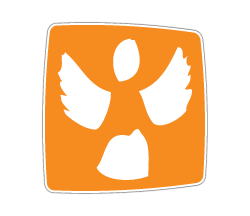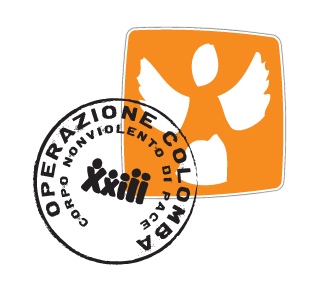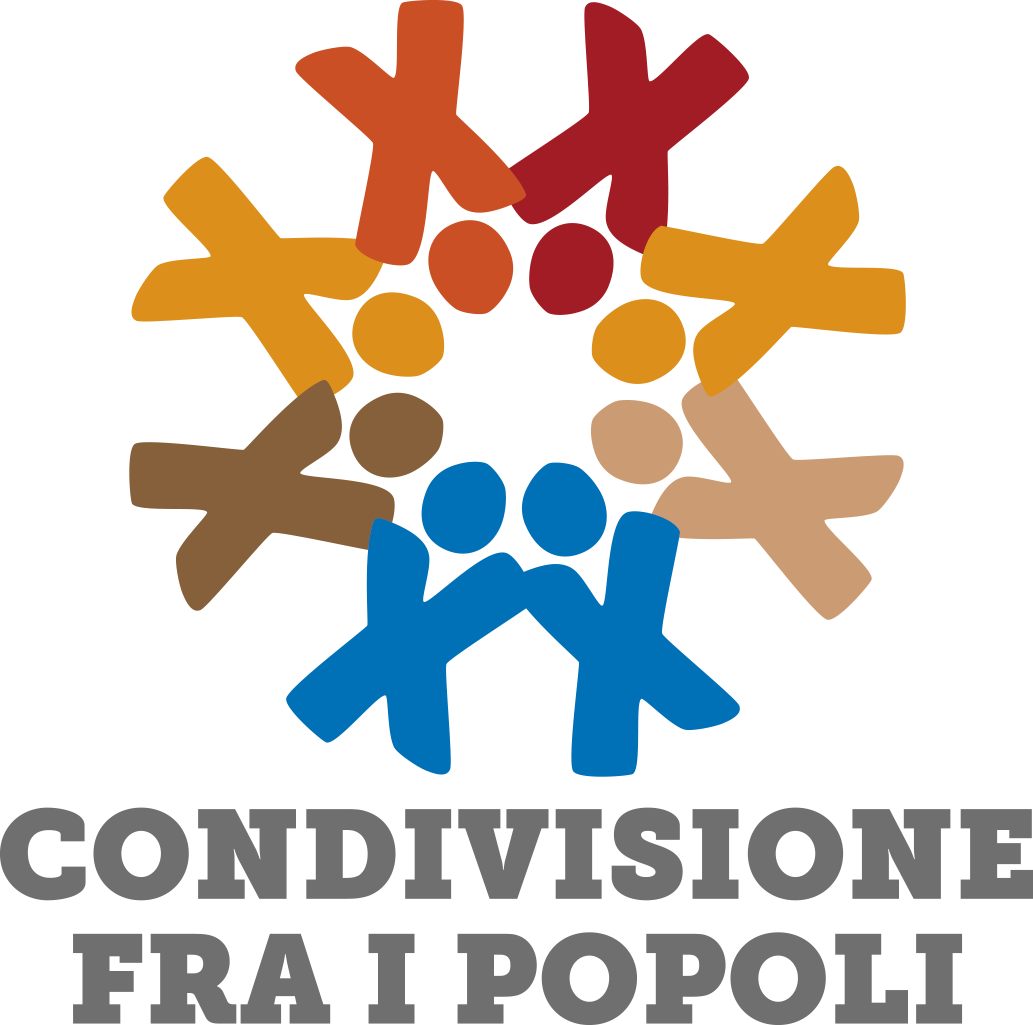Bethlehem/Ramallah - Forbidden roads
Khaled has an exam at the university today. Although Ramallah is not so far from his home, just outside Bethlehem, the alarm clock rings on time at four in the morning. The sun has not risen yet, when he puts on his shoes on and takes his backpack, with few things needed for that day inside.
During the first stretch of road, Khaled repeats to himself the topics of his exam: he chose the law school, a choice that his parents did not immediately understand, and would have preferred something else, but which he is now bringing to a conclusion. Another year, and he will finally have a degree in hand, Khaled repeats, between one definition of law and another. Just another year, and I will finally have a law degree, Khaled repeats himself, between one definition and another of law.
When he arrives on the main road, the first two services (bus) pass, but they are full. Workers, students, anyone who moves at that hour, to find a service is never easy. He should have booked in advance, when the small orange van finally pulls over and picks him up.
The road between Bethlehem and Ramallah is not long, about an hour, passing through Jerusalem. But Khaled is Palestinian, he cannot enter Jerusalem, so the way is much longer, having to get around the city. The time is almost double, bypassing Jerusalem, it must then pass through Ubeidiya, El Eizariya, Wadi Nar, up to the checkpoint called Container. Khaled rejoices when he sees that nobody is stopped.
Then his service arrives. The soldiers nod, the vehicle approaches, and those young guys’ faces appear in the service: they checked everyone's documents and destination. Khlaed understands that there is no real interest in those questions, only the desire to show strength and superiority. Those four kids just out of high school want to remind Khaled that, as usual, his life depends on their decisions.
It's been over an hour when the service restarts. A woman had to go downstairs with her son, nobody dared to say a word. Khaled looks at the phone, it's late, still takes a lot of time before arriving and he won't arrive on time for the exam. Once again, he can just hope that the professor will allow him to start the test later, or he will lose the chance to graduate in time.
Sometimes he wonders if it makes sense to live like this. He can't answer, and he watches the road move quickly, out the window.
From 2004, Israel has narrowed further the Palestinians’ freedom of movement, creating a differentiated policy for utilizing of the roads in the Occupied Territories, forbidding to the Palestinians to going in some of them. In Israel this regime has been imposed for security reasons, to protect Israeli settlers from possible attacks, on the principle that all Palestinians are a security risk for the State of Israel.
Israel implemented this regime in different ways: fixed checkpoints, forbidden roads, temporary road closures and constant military patrols. Roads are divided in three categories: roads that are forbidden to Palestinians (that lead to settlements and outposts), roads only partially forbidden (Palestinians can circulate only with a special permit of the Israeli Civil Administration) and roads which are limited by a checkpoint at the entrance (with a control made by soldiers).
According to international law, this regime breaches four principles: freedom of movement, proportionality, prohibition of collective punishments which discriminates among Palestinians randomly, granting freedom of movement only to those who satisfy criteria imposed by the Occupying State, and a discrimination based on nationality. Moreover, at the checkpoints abuses happen daily, as illegitimate confiscations of vehicles and use of violence during the controls.


 OPERAZIONE COLOMBA
OPERAZIONE COLOMBA
